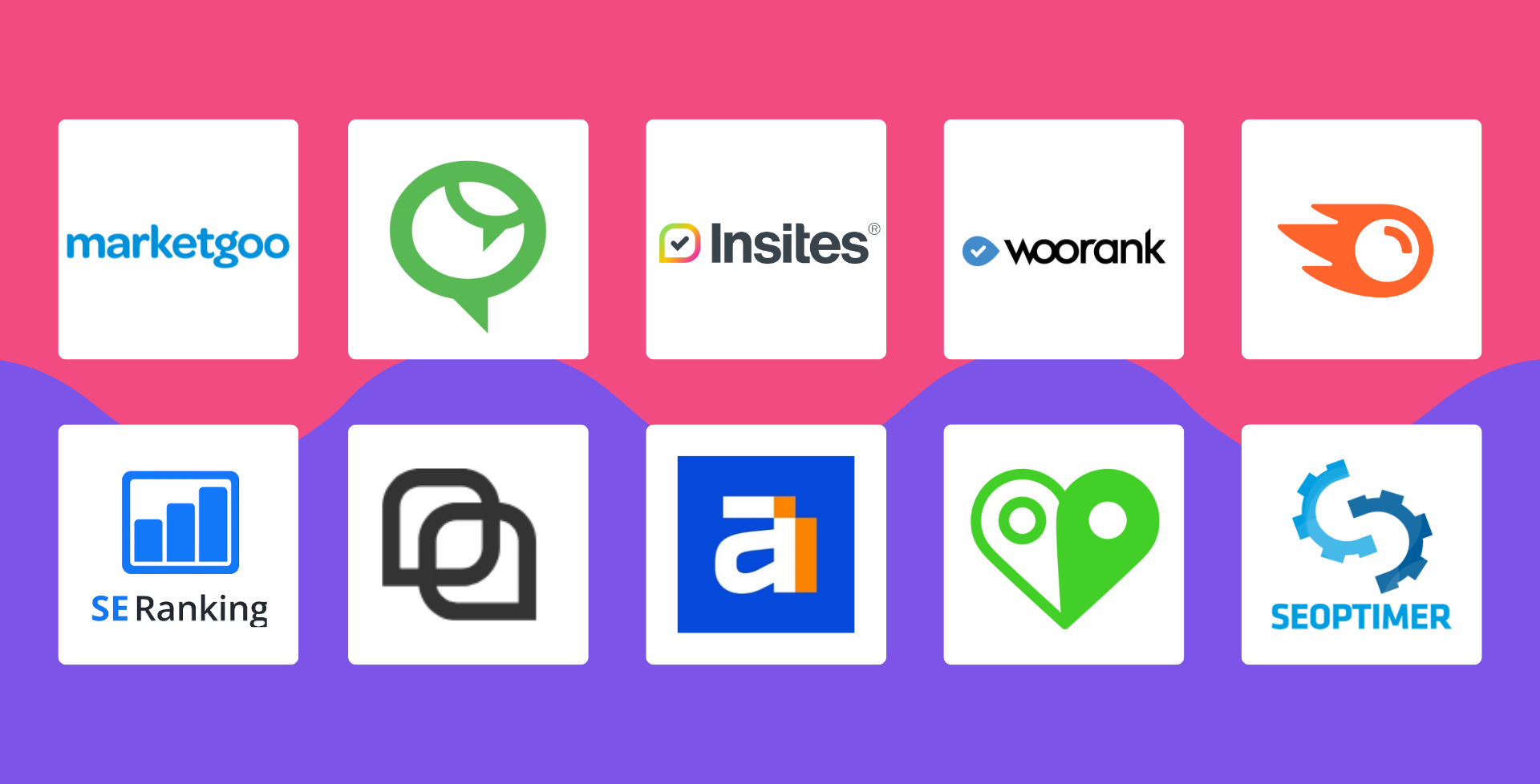Unlocking creativity: strategies for inspiring innovation in agencies
Coral Wood • October 18, 2023
So you’re a design, marketing, development or creative agency who is proud of offering creative services to your clients. Great! Now how do you apply creativity and innovation to your agency?
If you are reading this looking perplexed, grab a coffee and pencil out 2 minutes from your diary because you need to read on.
As an agency owner, it’s important to foster innovation and creativity internally as part of your everyday, not just when it gets hard. So in this blog, we run through the importance of creativity and innovation as part of your agency.
What is innovation and how can agencies embrace it?
In its most basic terms, innovation is the development and implementation of something new. This could be a new product, service offering, or even an internal process. However, innovation isn’t just about thinking of a new idea and rolling it out.
Great innovations follow a creative process. There are a whole host of models out there that you can follow, such as the design diamond. But for a quick introduction to innovation, here are 4 stages of a simple but effective creative process:
- Preparation
This is the phase where you define your problem statement. The problem statement clearly state what you’re looking to improve or resolve. For example, a problem statement could be “We need to find a way to incorporate AI services into our offering”.
The problem statement should define what you and your team are looking to resolve and innovate with. This will also give you and your team a starting point with which they can conduct any additional research that can help inform their innovative ideas before the incubation phase. - Incubation
In the incubation phase, it’s time to get your team together to brainstorm solutions. Whether you’re in person or using a tool like Figma’s FigJam, pencil aside an hour where everyone can devote their full attention.
Using post it notes, spend the whole hour writing down all the ideas – good and bad. The idea of the process is to get ideas flowing and, in turn, use even bad ideas to generate ideas that will inform your next stage. - Illumination
In the illumination phase, you’ll have found an ideal solution (or at least, a few options) that you can continue to workshop to refine that idea. This part of the creative process is crucial because it will encourage you and your team to get in the mindset that will allow you to verify your idea. - Verification
This is when you find out whether your idea is worth implementing. Int he verification stage, you’ll fully access your final idea and even road test it before you push it live. For example, if its a new service you’re looking to roll out for your clients, make sure to road test the process in house before you sell it.
Hey there, we’re Insites – we make auditing any brand’s online presence as easy as a click of a button. Save time, money, and endless hours spent bringing together figures and findings from multiple reports with our fast, comprehensive, and accurate 60-second auditing platform.
Try it forfree
here
Fostering innovation in your agency
Now you have the stages of a creative process, you would be forgiven for thinking that all your innovating is done. Well, that’s not the case. Innovation should be fostered within any agency to ensure that you’re always growing as a team and finding new ways to engage with your industry’s ever-changing landscape.
One way to incorporate innovation in your agency’s everyday life is to create a conducive workspace. By this we mean make sure there is space in your diary and working processes where ideas are free to be heard.
All your team members should feel like they can “shout up” ideas and know they’ll be heard and considered, even if they instinctively feel like a bad idea. You want your team to feel comfortable coming forward with suggestions, and make sure they know that you value everyone’s understanding of the business and its potential.
Another way to foster innovation is to incorporate elements in your office or day to day working is to create opportunities to stimulate creativity. This could come in the form of a brain stimulating game at the start of your daily stand-ups or an ongoing, regular innovation meetings with the team.
Whilst these two are easy to roll out suggestions, here’s a few ways in which you can foster innovation in your agency:
- Benefits of diverse perspectives in sparking innovation
- Strategies for fostering collaboration among team members
- Brainstorming sessions
- Cross-functional teams
- Regular knowledge sharing
Embrace a growth mindset
When fostering innovation and creativity as an agency, there can be a fear of the unknown or even failure. Avoiding change, however, is at the cost of innovation. So it’s important to keep in mind that though creative thinking can be daunting, it’s a key part of having a growth mindset.
A growth mindset is defined by thriving on challenges, seeing failure as a point for growth, and embracing ideas from those around you. Therefore, alongside taking the benefits of insight from failure, it’s important to share and cultivate this mindset with your team. As a leader, its your responsibility to define a culture for continuous learning and improvement. A space where ideas are not just welcomed, but encouraged leading to growing innovation.
How to tap into external sources of inspiration
When you’re growing your agency, you’re often also busy too. When you’re trying to balance life and a growing business, adding an extra layer of work (the creative process) can feel like an additional plate to spin. But what if it came naturally?
Whether you like to read a few pages before bed, listen to a podcast while walking the dog, or finding a new networking group to spare ideas with outside of your team, here are our must-reads, listens and attends:
- Events
Are you attending industry events? If you’re not, you need to start. London Tech Week, DMEXCO (Digital Marketing Exposition & Conference), Boston Design Week, the list goes on… But a common misconception is you need to exhibit to attend these events. With multiple opportunities to network or even spy on competitors, trade shows and industry events give you a perfect opportunity to find inspiration. - Podcasts
Everyone knows that podcasts are a great source of inspiration. However, with hundreds out there for even the most niche of topics, it’s tough to find ones that offer great insights and inspiration. Some of our favourites are The Diary of a CEO , How I Built This , Lenny’s Podcast , Masters of Scale , and How to Fail with Elizabeth Day. - Agency Networking Groups
Agency networking groups are one of the best places to find inspiration and innovation support for your growing brand. For international agencies, CommUnity International is by far the best alliance for agencies. However, if you’re UK-based, Agencynomics and The Agency Collective are your go-to communities. - Books
Audio or paper, great reads will let give you inspiration, or even offer insight into different methods or ways of engaging with your creative processes and teams. There are some classic reads like Start with Why by Simon Sinek , Creative Confidence and The Art of Innovation by Tom Kelley, and Good Strategy/Bad Strategy by Richard Rumelt.
Nurturing and recognising creative talent
Now that you’re fostering creativity, it’s important you foster that in your team too. Innovative teams require strong leaders who not support, but empower their creative team members. So when hiring or promoting team members, focus on those who share your growth mindset and encourage it in those who are keen to grow.
One of the tried and tested ways of nurturing creative talent in house is often the most obvious (but overlooked): providing autonomy and ownership. Team members who have the ability to freely express their ideas and even trial them independently are more likely to feel valued, and nurture their own growth-empowering ideas.
Lastly, recognising and rewarding creative talent is essential. An agency in a period of growth needs to retain good talent, therefore, rewarding, mentoring and promoting team members who share your growth mindset and are fully embraced in the creative process will help you (and your agency) innovate and achieve your growth goals.
Innovation is multifaceted, but essential for agencies
Agencies can’t escape innovation. It allows smaller agencies to grow, and bigger agencies to thrive when the marketplace gets tough. Whether you’re fostering innovation internally, nurturing talent, or just looking for inspiration, it’s integral that creative thinking and innovation are at the core of your strategy. With this, you’ll have a well-rounded growth mindset that delivers tangible results.
Happy innovating!
 The Insites Team
The Insites Team


























